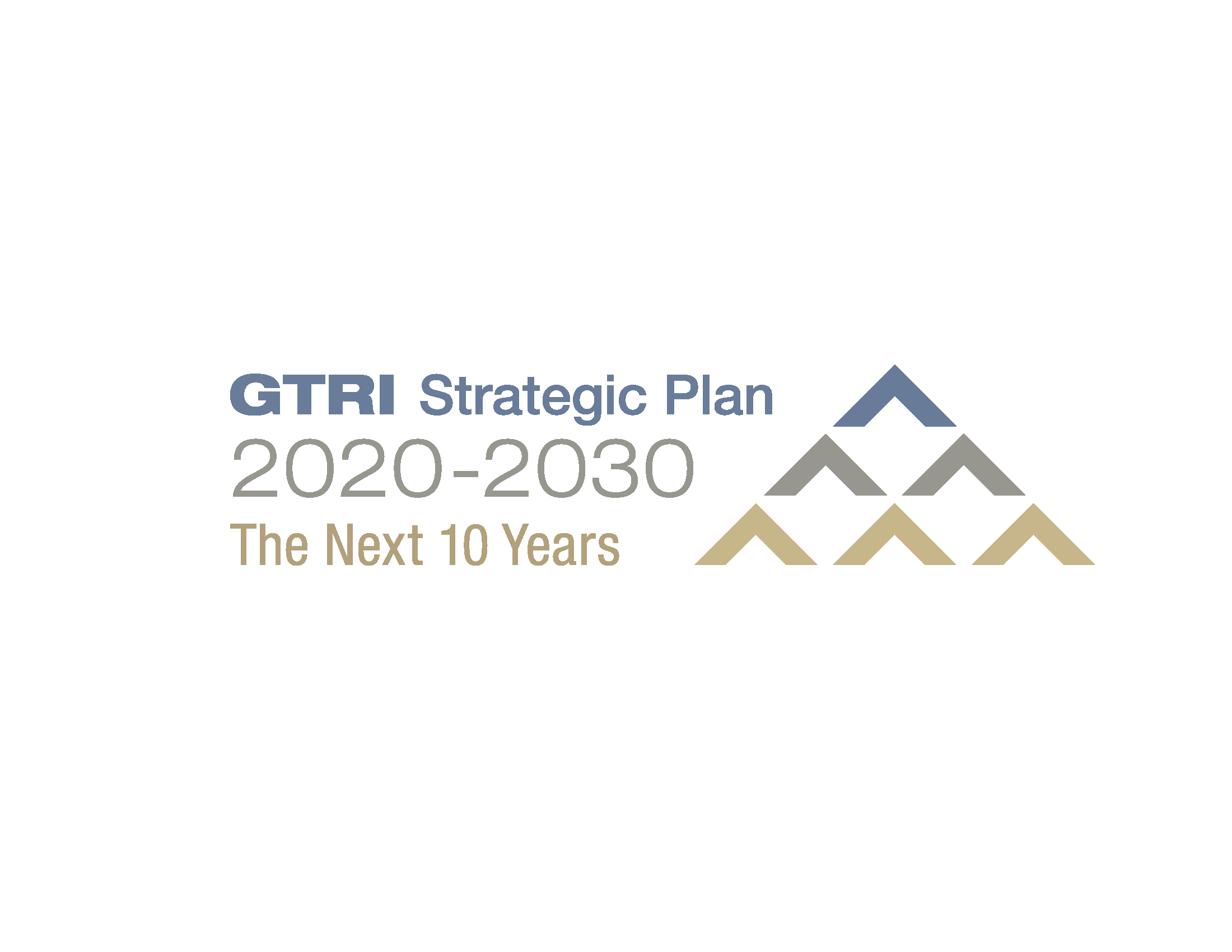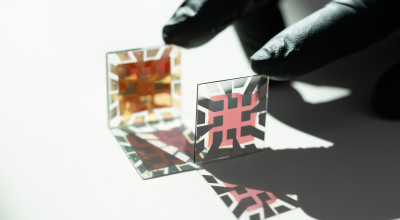
As we ring in the new year, Georgia Tech Research Institute (GTRI) stands ready to continue solving some of the most challenging problems facing government and industry across the nation and around the globe. New Year’s is a time when many reflect on their past year and create resolutions for the future. In light of this tradition, GTRI is thrilled to share our dreams for 2021 and beyond.
Forming a New Mission, Vision, and Goals
In late 2019, GTRI formed a team to guide the development of a new strategic plan informed by the opinions and interests of all employees. Following the feedback contributed by over 600 volunteers and senior leaders in an appreciative inquiry process, GTRI’s strategic plan embraces, builds on, and enhances the organization’s success and culture by articulating goals and identifying intentional actions.
GTRI’s mission statement explains our organization’s identity and purpose:
As a University Affiliated Research Center (UARC), the Georgia Tech Research Institute (GTRI) is the nonprofit applied research unit of the Georgia Institute of Technology (Georgia Tech). GTRI leverages the science and engineering base of Georgia Tech to enhance the impact of our collective research output. Collaboratively, we advance technology and provide innovative solutions to:
- Enhance State of Georgia economic development.
- Serve National Security.
- Improve the human condition.
- Educate future technology leaders.
Equipped with our mission, GTRI also developed a vision that encapsulates the organization’s hope for the future:
Our people are the foremost innovators creating a secure nation, a prosperous Georgia, and a sustainable world.
“This (mission) statement inspires me and makes me proud to be a part of GTRI,” said GTRI Director James (Jim) Hudgens, who is also the senior vice president of Georgia Tech. “Our reasons to exist are unique among our peers, and each of the mission areas builds upon the others, driving innovation and impact.”
Defining GTRI's strategy for the next decade requires a focus on a select number of critical goals. In order to achieve our vision for the future, we will pursue meaningful and measurable progress in five goal areas.
- Agility - Create a culture where evolution is constant, collaboration is the norm, people are empowered, and value is delivered early and continuously to those we serve.
- Workforce - Cultivate a robust workforce and become a community with a shared sense of purpose and appreciation.
- Impact - Maximize impact to the city, state, and nation through economic development, service to national security, improvement to the human condition, and the education of technology leaders.
- Innovation - Embrace a culture of thought leadership, intellectual curiosity, and innovation to incubate multi-disciplinary, transformational solutions.
- People - Champion a people-first workplace that enables everyone to develop and grow.
Furthermore, GTRI remains committed to the broader strategic plan created by Georgia Tech, which promotes progress and service for all.
GTRI’s Strategic Plan in Action
In 1934, Georgia chartered the Engineering Experiment Station with the explicit mission to enhance economic impact in response to the Great Depression. Now known as GTRI, our organization remains committed to that mission, which is evident in GTRI’s work in agriculture, STEM outreach, weather, healthcare, and most recently, the Covid-19 response.
To see the impactful solutions created by people at GTRI, read through our latest annual report, where you will find stories of innovation emerging from GTRI’s team of thought leaders.

Georgia Tech Research Institute (GTRI) is the nonprofit, applied research division of the Georgia Institute of Technology (Georgia Tech). Founded in 1934 as the Engineering Experiment Station, GTRI has grown to more than 2,700 employees supporting eight laboratories in over 20 locations around the country and performs more than $600 million of problem-solving research annually for government and industry. GTRI's renowned researchers combine science, engineering, economics, policy, and technical expertise to solve complex problems for the U.S. federal government, state, and industry. Learn more at https://www.gtri.gatech.edu/ and follow us on LinkedIn, Twitter, Facebook, and Instagram.
Writer: Katrina Heitz
Graphics: Mel Goux



